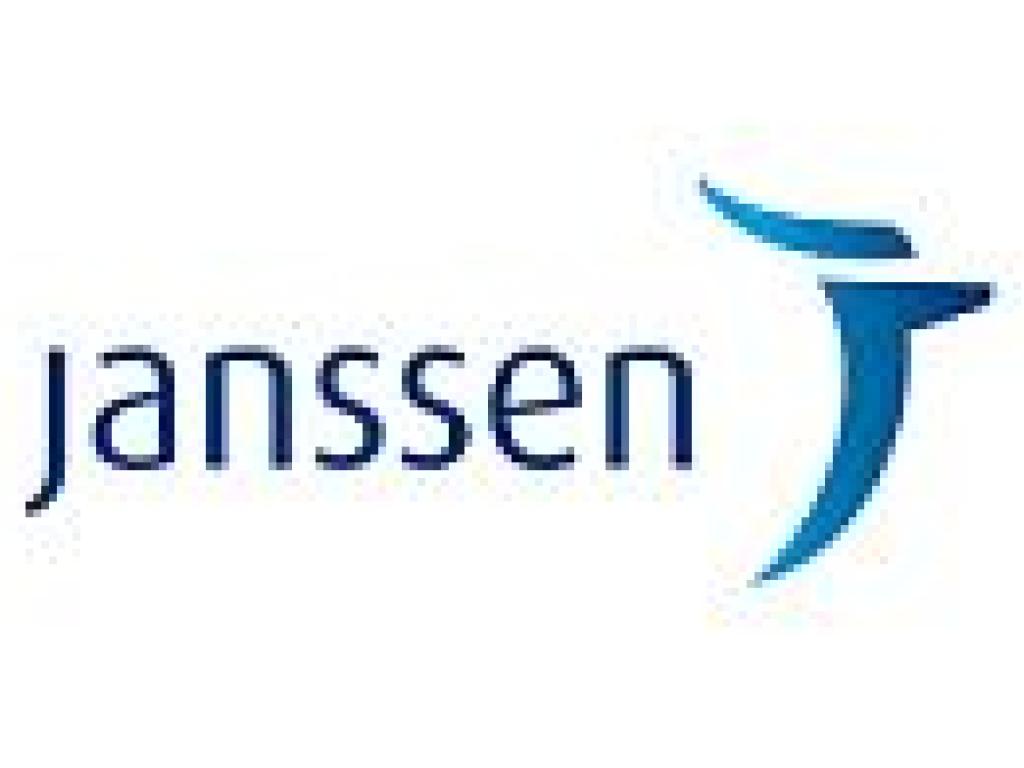UCT’S H3D Partners with Janssen Pharmaceutical Companies to Advance Drug Development in Africa

“Defeating tuberculosis, malaria and other diseases of impact in Africa is one of the greatest public health challenges facing humankind today. We need to reach a level of innovation and collaboration that has never been achieved before in Africa,” said Professor Kelly Chibale, Founder and Director of H3D.
“Our partnership with Janssen represents exactly the kind of commitment required to achieve the next breakthroughs and deliver new medicines to millions of people threatened by these diseases,” said Chibale, who is also the founding director of the South African Medical Research Council Drug Discovery and Development Research Unit at UCT.
The collaboration with Janssen will focus on the continuum of early drug development ranging from formulation and metabolism to early clinical development. It will match researchers and functional experts at H3D and UCT with counterparts at Janssen.
The partnership was announced at the official launch of Johnson & Johnson’s Global Public Health (GPH) Strategy and New GPH Operations in Africa in Cape Town on Wednesday.
“Together, we will build on the inspiring mission and remarkable progress of our strategic partners to focus our efforts on the discovery and development of new treatments that address the needs of Africans,” said Dr Wim Parys, Global Head of Global Public Health Research & Development, Janssen.
“Through our collaboration with the University of Cape Town and its world-class drug development centre, we have the unique opportunity to combine our strengths and expertise to expand the science of drug development by understanding some of the key regional and disease factors which can affect drug disposition, safety and effectiveness applicable to both the African and global populations.”
Chibale said there were considerable benefits for H3D in building a partnership with Janssen. These benefits include access to new chemical matter and having a pharmaceutical industry partner to work with in screening for new drug discovery starting points. This would enable H3D to build a larger portfolio of projects to work on, an essential component for early drug discovery efforts.
“The access to expanded compound collections with Janssen will do much to maintain a fresh pipeline of projects,” said Chibale. He said this was one of the key ingredients in developing momentum in building the drug discovery and development industry in Africa.
The expertise of Janssen dovetails with one of H3D’s objectives in understanding how African patient populations metabolise drugs and ensuring that medicines and doses are appropriately developed for patients in Africa. Coupled with the integrated nature of H3D’s state-of-the-art drug discovery platforms, this would give H3D a distinctive ability that does not exist elsewhere in the world.
Professor Danie Visser, Deputy Vice-Chancellor of UCT, said the partnership was expected to have a reach way beyond the university, as researchers who train at H3D will collaborate with the drug discovery and development industry throughout the African continent.
“In the realm of early clinical development, the UCT Division of Clinical Pharmacology and Clinical Research Centre have become recognized as premier pharmacology units in Africa. Involving Janssen in ‘best practice’ site visits and rotations would afford world-class validation and expansion of UCT’s capabilities in clinical pharmacology,” said Visser.
H3D, the first integrated drug discovery and development centre in Africa, which pioneers world-class drug discovery, is known for its breakthrough research on malaria. In 2012 the first compound was approved by Medicines for Malaria Venture as a preclinical, anti-malarial development candidate. It has now completed Phase I human trials.
Prepared on behalf of H3D, University of Cape Town, by Kim Cloete cloetek@yahoo.co.uk +27 82 4150736
